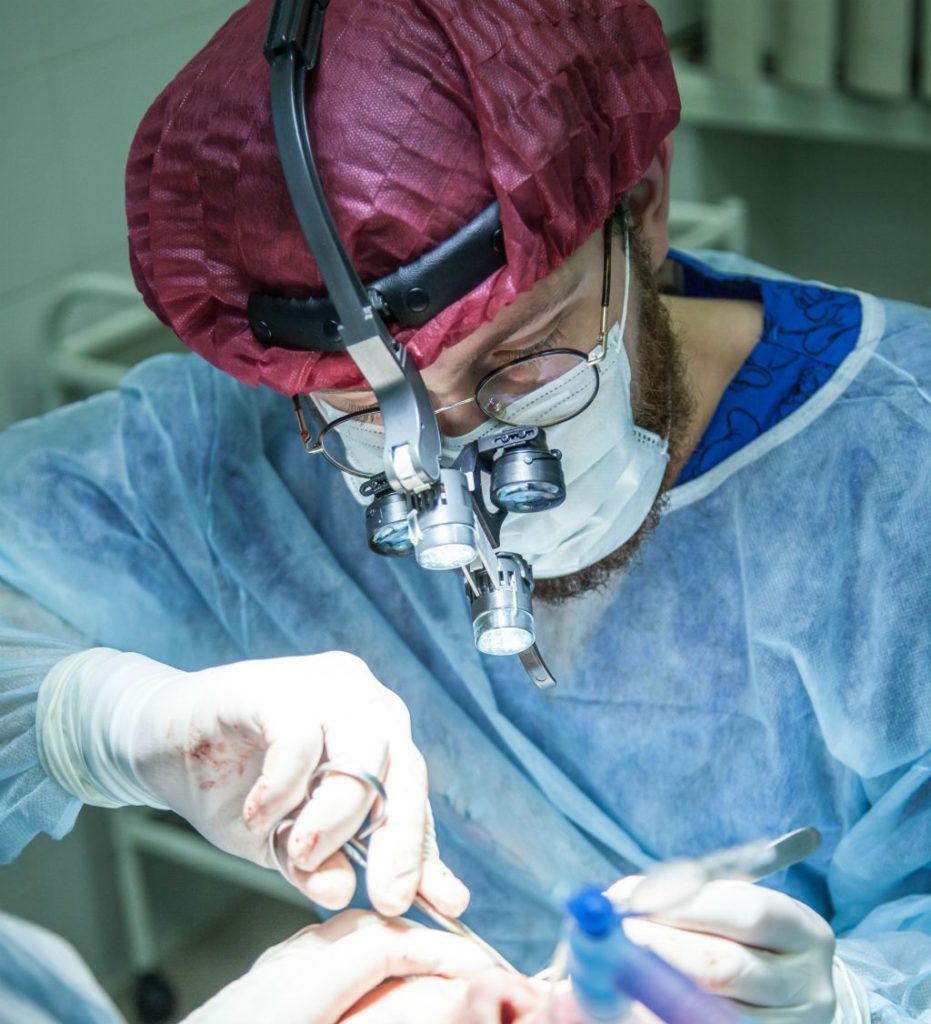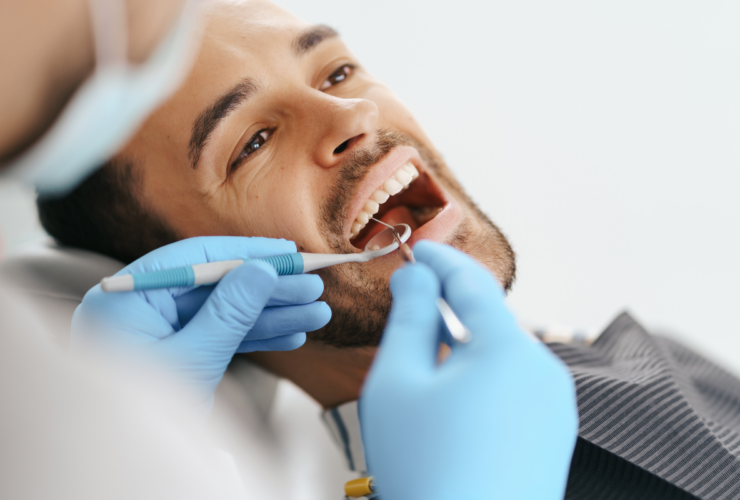Can you still be put to sleep at the dentist? A fear of dental procedures is very common even in our contemporary age of digital information and health consciousness. Many patients express worry over the connotations of vulnerability and potential discomfort which surround visiting the dentists.
In light of this modern phenomena, this review aims to finally put to sleep the confusion, speculation and common myths surrounding the world of dentistry, sedation and phobias. Keep reading to have a fully comprehensive knowledge of dental health for the next time you visit your local clinic.
What is dental sedation?
If deemed appropriate by the dental practitioner, you may be put under sedation to help relieve any physical or physiological pain that the operation is likely to induce.
The dental practitioner will administer the sedative drug either during or before the procedure begins. There are various types of sedation, only one of which – general anaesthesia – leaving the individual fully unconscious. The alternatives, which are more common in less serious treatments, will relax the patient but leave them still somewhat aware of the procedure going on around them.
So what are the types of sedation?
Intravenous sedation is where the patient is sedated via an injection of a particular type of drug through a plastic tube into a vein in their hand or arm. This sedative drug will leave the patient relaxed and feeling very sleepy during the course of the treatment. Also, once you are under the effects of sedation, you will then be given a local anaesthetic injection which will numb your mouth before the beginning of the treatment.
Such a treatment is generally advised to people as a means of helping them cope with the physical discomfort of treatment dental and reduce their psychological anxiety. For some particularly big procedures, such as the removal of a teeth, patients are generally advised to be sedated even if they are experiencing no anxiety, simply to numb from the pain.
Local anaesthesia without sedation and general anesthesia are the two alternatives for people who do not wish to have intravenous sedation. Anaesthesia-inducing drugs work by blocking signals to your brain from your nerves. As these drugs begin to wear off, however, patients will then begin to gradually feel normal sensations again – such as pain.
Local anaesthesia treatment involves an injection into a small part of the body (e.g. the gum) so that the patient’s pain receptors are blocked. A local anaesthetic numbs a small part of your. This type of sedation is generally partaken when the nerves can easily be reached (e.g. by sprays or injections) and thus a general anaesthesia is not necessary. However, without any additional sedation, you may be more aware of the dental treatment which is going on around you – meaning you should stay awake but pain free.
General anaesthesia, on the other hand, is more of a risky treatment and thus generally only advised for people who for some reason are unable to withstand treatment under sedation alone (e.g. if it’s a particularly big procedure or if the person has a disability which makes them more prone to pain). This type of sedation puts the patient into a state of controlled unconsciousness during which they should feel no physical sensations whatsoever. Anaesthetic drugs are injected into a vein, whilst anaesthetic gases are breathed into the lungs.
What should you do after sedation?
Whilst the most pertinent effects may begin to wear off quickly, it can take at least 24 hours for the full effects of sedation to wear off, meaning there is certain precautions and mild lifestyle changes which must be taken on a short term basis immediately after procedure to compensate for this. Even if you feel like your “normal self”, it is highly likely that your coordination, reflexes, judgement and even reasoning can be still under the influence of the sedated drug for the next day or two after.
As a result of this, it is heavily advised that you rest at home the day after being put under sedation. Alongside this, you are cautioned not to do any of the following, as it could put yourself or others at risk:
- Operate any vehicle or ride any form of transport (e.g. a bike)
- Operate any machinery – including kitchen, domestic appliances (e.g. a kettle)
- Attempt cooking, handling sharp utensils or pouring hot liquids in any form
- Consume alcohol or smoke
- Take sleeping tablets or “drowsy” medication
- Make any important life decisions or sign contracts
- Be responsible for the safety or supervision of others (e.g. children) requiring dependency
Dental phobia
Being scared of going to the dentist has become somewhat of a comedic trope amongst modern sitcoms and new media channels; however, its real prevalence within the world of psychology should not be understated.
The Oral Health Foundation report that almost 50% of British adults would consider themselves to have a genuine fear of the dentist – with 12% of these suffering from what is known as extreme dental anxiety or phobia. However, the truth is, that Anxiety UK predict the real figure of those experiencing dental phone to be far higher than this…
This troublesome narrative would go some way to explaining the NHS’ findings that only 22 million adult patients are seen by the dentist on an annual basis.If we crunch the numbers, we see that this number of British adults who do not attend the dentists on an annual basis equates to just over 50% of the adult population. Sound familiar? Well, this was the same approximate figure as the number quoted above as having dental anxiety…
The all-encompassing benefits of dental health
It is advised that you attend the dentists at least once every six months. Having a dental practitioner you can rely on isn’t just important for oral hygiene and maintaining your bright smile – but is equally imperative for your overall health. Dental health plays a huge part in our physical, psychological and emotional well being, with over 90% of systemic diseases having oral manifestations which can be first pinpointed by an experienced, professional dental practitioner.
Unlock your smile today
Live in the London area and need a check-up? Or simply fed up with your smile not being as bright as it once was? Well, if you’re looking for an impeccable, relaxing service for a price which is worth paying for then look no further. Hermes Dentists London are an award-winning dental clinic with experience and a proven track record. If you want more reasons to smile, then simply get in contact today – we’d love to hear from you.
- GERD and Your Teeth: Why you should see a dentist urgently - November 24, 2024
- When a broken tooth is considered a dental emergency - November 24, 2024
- How to prevent tooth decay in children - July 9, 2024






